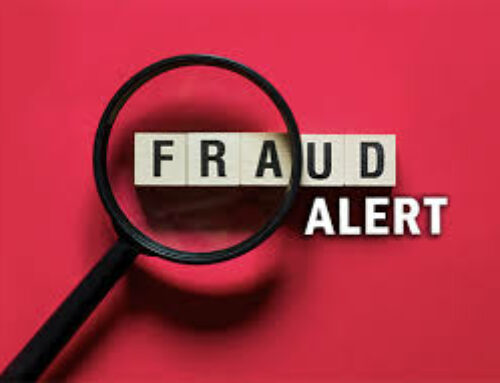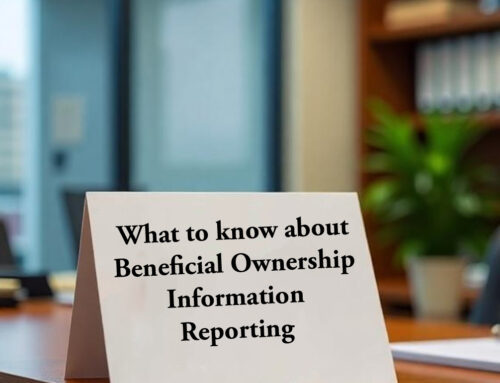Whether it’s something they’ve been doing for years or something they just started to make extra money, taxpayers must report income earned from hobbies in 2020 on next year’s tax return.

What’s the difference between a hobby and a business? A business operates to make a profit. People engage in a hobby for sport or recreation, not to make a profit.
The difference between businesses and hobbies is that you have to prove that your hobby is a business by passing not one but nine tests. It matters because the outcome of the hobby-business tests can have rather serious tax implications.
In a nutshell, the difference between a business and a hobby comes down to how expenses/losses are treated. Business expenses and losses are fully deductible, while the expenses related to a hobby are only deductible up to the amount of any income you earned from your hobby.
Here are nine things taxpayer must consider when determining if an activity is a hobby or a business:
- Whether the activity is carried out in a businesslike manner and the taxpayer maintains complete and accurate books and records.
- Whether the time and effort the taxpayer puts into the activity show they intend to make it profitable.
- Whether they depend on income from the activity for their livelihood.
- Whether any losses are due to circumstances beyond the taxpayer’s control or are normal for the startup phase of their type of business.
- Whether they change methods of operation to improve profitability.
- Whether the taxpayer and their advisors have the knowledge needed to carry out the activity as a successful business.
- Whether the taxpayer was successful in making a profit in similar activities in the past.
- Whether the activity makes a profit in some years and how much profit it makes.
- Whether the taxpayers can expect to make a future profit from the appreciation of the assets used in the activity.
The IRS’s enforcement of hobby loss rules means that if you truly are operating a side business, you need to treat it like a business, and be prepared to prove your claim to an IRS representative. Perhaps the surest way to have even a legitimate business — one that meets eight of the nine criteria for a business — considered a hobby is to have consistent losses year after year. The IRS views this as the biggest indicator that a business is actually just a hobby.
The IRS has many resources to help taxpayers report their income correctly. See the more information section below for additional guidance.
More Information:





